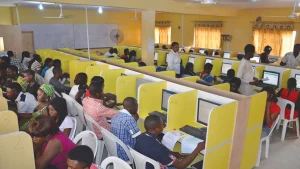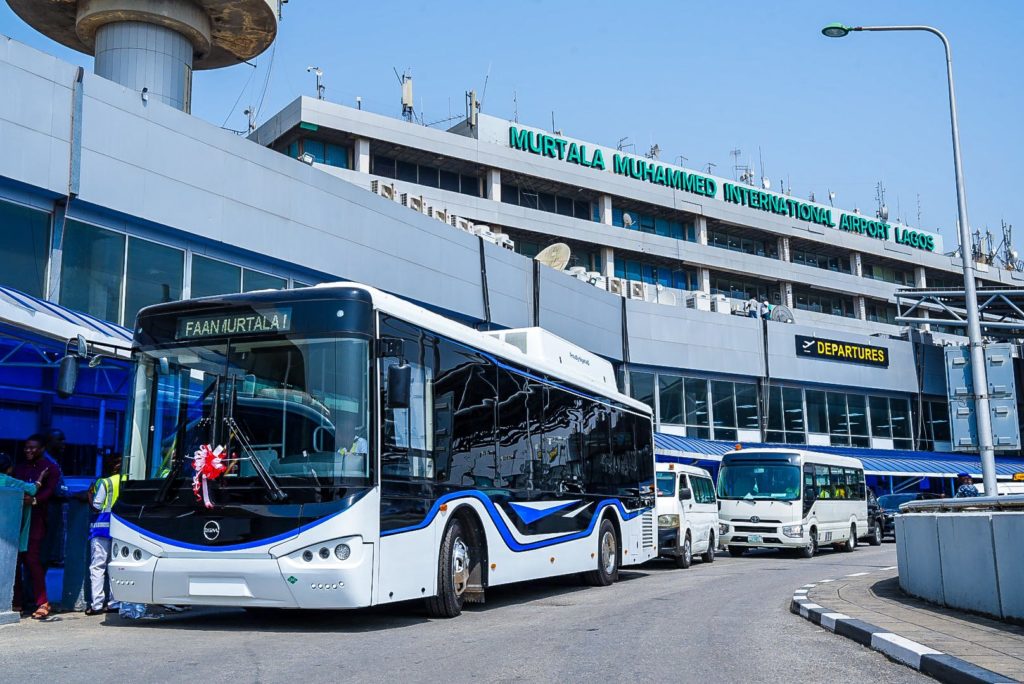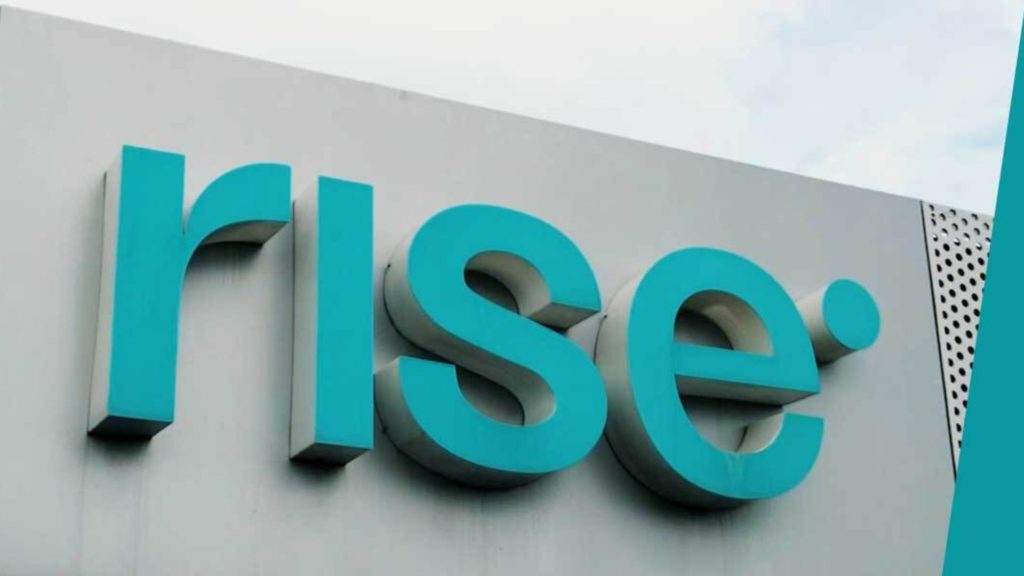Forex, short for foreign exchange, trading is the buying and selling of different currencies on the foreign exchange market. It is one of the largest and most liquid financial markets in the world with over $6.6 trillion traded daily.
In forex trading, a trader seeks to profit from fluctuations in exchange rates between currency pairs like the US Dollar/South African Rand. Traders can go long (buy) a currency pair if they think the base currency will rise or go short (sell) if they expect it to fall. The aim is to close the trade at a profit when exchange rates move in the anticipated direction.
South Africa’s Role in Forex
South Africa plays an important role in the global forex market due to the considerable daily turnover of the South African Rand (ZAR). Factors like high volatility, adequate liquidity, a transparent regulatory environment, advanced financial infrastructure, and convenient trading hours contribute to South Africa’s significance as a global forex trading hub.
Johannesburg is Africa’s premier financial center and home to the Johannesburg Stock Exchange (JSE), the largest stock exchange on the continent. Many major global banks have offices in South Africa and provide forex trading services to investors. The South African Reserve Bank (SARB) is responsible for regulating and supervising the country’s foreign exchange market.
Who Trades Forex in South Africa?
How does forex trading work in South Africa? The main participants in South Africa’s forex market include:
- Banks and other financial institutions that facilitate forex transactions and provide liquidity. They trade for their own accounts or on behalf of clients.
- Importers/exporters who exchange foreign currency to pay for international transactions.
- Institutional investors like hedge funds, pension funds, and insurance companies needing to hedge currency exposure in their portfolios.
- Retail forex traders comprising individual speculators and investors seeking to profit from exchange rate movements. Many trade online via platforms provided by forex brokers.
- Multinational corporations needing to convert local earnings into foreign currencies and back.
- Travelers needing foreign currencies for overseas trips.
How Retail Traders Access the Forex Market
Retail forex trading has grown enormously accessible in South Africa in recent years. Traders can access the market via trading platforms offered by forex brokers licensed with the Financial Sector Conduct Authority (FSCA). The steps usually include:
- Selecting a broker and opening a trading account by completing their application forms.
- Funding the trading account via various payment methods like bank transfers, credit cards, or digital wallets.
- Downloading or accessing the broker’s trading platform on desktop, web, or mobile.
- Analyzing charts and market news to identify trading opportunities.
- Executing buy/sell orders for currency pairs. Positions can be held short-term or long-term.
- Monitoring open positions and deciding when to take profits or cut losses.
- Withdrawing funds including earnings from the trading account.
With the growth of financial technology, South African traders now have access to advanced platforms enabling them to trade forex and CFDs on a wide range of global markets. Regulation also provides greater transparency and protection for retail traders. However, risks remain, so traders should adopt responsible practices.


















